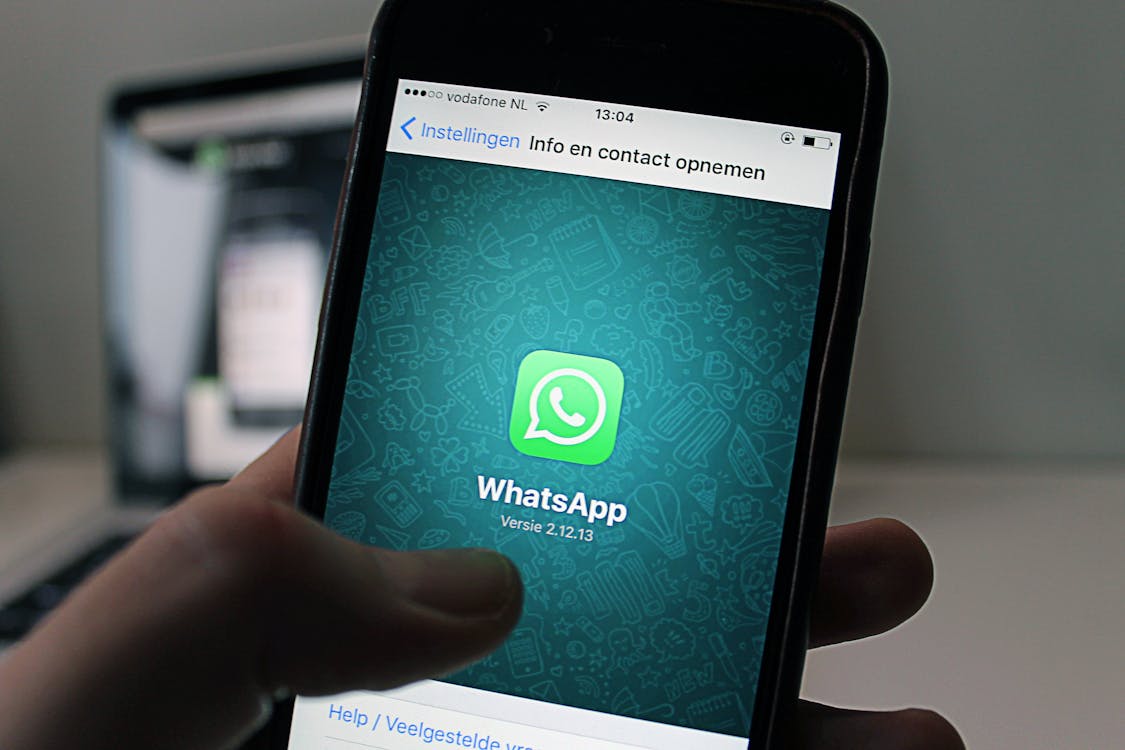How Does WhatsApp Make Money?
WhatsApp, the popular messaging app, has revolutionized the way people communicate globally. With over 2 billion monthly active users, WhatsApp has become an integral part of our daily lives. However, many users wonder how WhatsApp generates revenue, considering it offers its services for free. In this article, we will explore the various strategies WhatsApp employs to make money and sustain its operations.
1. Freemium Model
WhatsApp follows a freemium model, which means it offers its core messaging services for free while charging for additional features. Initially, WhatsApp used to charge a nominal annual subscription fee of $0.99, but this model was discontinued in 2016. Since then, WhatsApp has been completely free to use for all users.
2. WhatsApp Business
WhatsApp Business is a separate app designed for small and medium-sized enterprises (SMEs) to connect with their customers. It offers features like automated greetings, quick replies, and labels to help businesses manage their customer interactions efficiently. While the app itself is free, WhatsApp charges businesses for certain advanced features and services.
For instance, WhatsApp Business API allows larger businesses to integrate WhatsApp into their existing customer support systems. This enables them to send notifications, provide real-time support, and conduct transactions through the app. WhatsApp charges businesses based on the number of messages sent and received.
3. WhatsApp Pay
WhatsApp Pay is a peer-to-peer payment feature that allows users to send and receive money within the app. Initially launched in India in 2020, WhatsApp Pay has gained popularity due to its convenience and ease of use. While the service is currently free for individuals, WhatsApp plans to charge businesses for accepting payments through the platform.
By leveraging its massive user base, WhatsApp Pay aims to compete with other digital payment platforms and generate revenue through transaction fees. As more users adopt WhatsApp Pay, the potential for monetization increases.
4. Enterprise Solutions
WhatsApp offers enterprise solutions to larger businesses, enabling them to connect with their customers at scale. These solutions include WhatsApp Business API, WhatsApp Business Solution Providers, and WhatsApp Business Catalog. By providing tools for customer engagement and support, WhatsApp caters to the needs of businesses and charges them accordingly.
For example, airlines can use WhatsApp to send boarding passes and flight updates to their passengers, while banks can provide balance notifications and transaction alerts. These enterprise solutions are tailored to specific industries and help businesses enhance their customer experience.
5. Advertising (Future Potential)
WhatsApp has been relatively ad-free since its inception, with a strong focus on user privacy. However, in 2019, WhatsApp announced plans to introduce ads within the Status feature, similar to Instagram Stories. This move was met with mixed reactions, and the implementation of ads on WhatsApp has been delayed indefinitely.
While the introduction of ads could potentially generate significant revenue for WhatsApp, the company is cautious about maintaining a balance between monetization and user experience. As of now, WhatsApp remains ad-free, but the possibility of ads in the future cannot be ruled out.
6. Data Sharing with Facebook
WhatsApp, being a subsidiary of Facebook, shares certain user data with its parent company. This data sharing allows Facebook to improve its ad targeting and user profiling across its platforms. However, WhatsApp emphasizes that it does not share personal messages or call logs with Facebook.
While data sharing does not directly generate revenue for WhatsApp, it contributes to Facebook’s overall advertising revenue. By leveraging user data, Facebook can deliver more targeted ads to its users, thereby increasing its advertising effectiveness.
Frequently Asked Questions (FAQ)
1. Is WhatsApp really free?
Yes, WhatsApp is free to download and use for individuals. However, certain features and services, such as WhatsApp Business API and WhatsApp Pay for businesses, may have associated charges.
2. How does WhatsApp make money if it’s free?
WhatsApp generates revenue through its freemium model, WhatsApp Business, WhatsApp Pay, enterprise solutions, and potential future advertising. It also shares user data with Facebook, contributing to Facebook’s advertising revenue.
3. How much does WhatsApp charge businesses?
The charges for businesses using WhatsApp vary depending on the services they require. WhatsApp Business API charges businesses based on the number of messages sent and received, while WhatsApp Pay may introduce transaction fees for businesses accepting payments.
4. Will WhatsApp start showing ads?
WhatsApp had plans to introduce ads within the Status feature, but the implementation has been delayed indefinitely. As of now, WhatsApp remains ad-free, but the possibility of ads in the future cannot be ruled out.
5. Is my personal data safe on WhatsApp?
WhatsApp emphasizes its commitment to user privacy and end-to-end encryption. While WhatsApp shares certain user data with Facebook, it does not share personal messages or call logs. However, it is always advisable to review and understand the privacy policies of any app or platform you use.
6. Can WhatsApp be used for business purposes?
Yes, WhatsApp offers a separate app called WhatsApp Business, which is designed specifically for businesses. It provides features like automated greetings, quick replies, and labels to help businesses manage their customer interactions efficiently.
Summary
WhatsApp, despite being a free messaging app, employs various strategies to generate revenue and sustain its operations. It follows a freemium model, charges businesses for advanced features and services through WhatsApp Business, and plans to monetize WhatsApp Pay. Additionally, WhatsApp offers enterprise solutions to larger businesses and shares user data with Facebook to contribute to its advertising revenue. While WhatsApp remains ad-free for now, the possibility of ads in the future cannot be ruled out. Overall, WhatsApp’s revenue generation strategies ensure its continued growth and innovation in the messaging app market.

